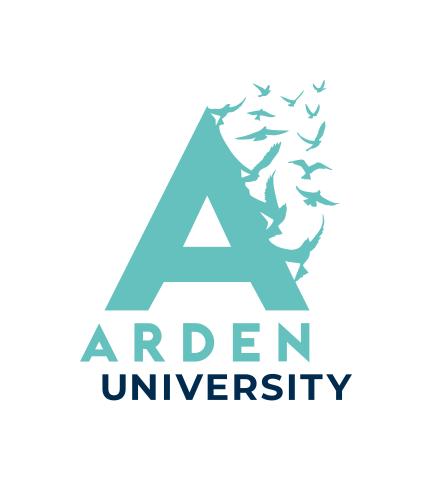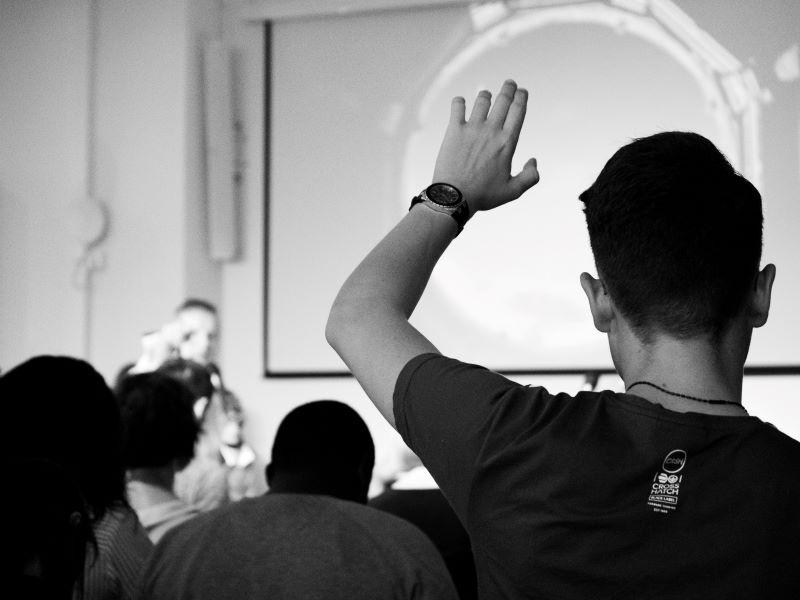
Training students for jobs that do not exist yet
The rethinking of course materials and programmes to incorporate future trends is a key requirement for all forward-thinking providers, write Aaron Taylor and Victoria Rafferty
You may also like
Because of the ephemeral nature of technology and further predicted shifts in globalisation, the workplace of 2030 is likely to look very different from that of today. With developments such as Industry 5.0 on the horizon, the increasing presence of the metaverse, the Internet of Things and more, the pace of change is liable to accelerate yet further.
Jobs that did not exist in the past decade will be present in the next, and the skills required to be successful will need to be developed rapidly. By 2030, it’s commonly forecast that there will be an increasing demand for data analysts, big data specialists and process automation experts. Skills such as judgement, decision-making, analysis and evaluation of systems will be in great demand. At the same time, softer skills such as communication and storytelling will gain in importance as the ability to convey and communicate complex data to differing audiences will be sought after. Moreover, as artificial intelligence becomes more well known and developed, the ability of professionals to work collaboratively and successfully with AI will become an in-demand skill in a number of different professions.
- Three innovative authentic assessments to encourage soft skill mastery
- Struggle, strength and growth: preparing students for the changing future
- The power of ‘active feedback’ to prepare students for professional experience
As the need to develop these skills becomes more important, universities will continue to have a significant role to play in the preparation of future professionals. The rethinking of course materials and programmes to incorporate future trends and issues as more detail about them emerges is a requirement for all forward-thinking providers, who must adapt to fast-changing environments. Data analytics, for instance, has been identified as a significant trend for learners within the field of human resource management (HRM) to become aware of and learn about. This subject area can be incorporated into the wider design of programmes, through live case studies for instance, for students to consider, question and evaluate its application in real-world organisations.
An approach such as the use of live case studies can open up a range of opportunities to not only innovate the curriculum but also engage learners with authentic practice and discussion with an eye on current and future trends. This might include programme alumni being invited to speak about what is happening in their organisations, or perhaps working with organisations and professionals who can offer live projects in the form of mentorship, consultancy and/or placements. Rather than a one-size-fits-all approach, initiatives and projects can be adapted to suit all parties involved.
At Arden University, where we work, the postgraduate MSc strategic human resource management programme is currently available in the mode of distance learning, and the establishment of an online webinar programme has enabled HR professionals from across the globe to present current practices and thinking, informed by real-world experience. This has allowed the design of course materials to be richly informed by thinking and research from a triumvirate of subject-discipline academics, professional bodies and organisational leaders.
In addition to the design of programmes and learning materials, assessment should also be mindfully designed to help prepare students for future prospects. Innovative assessments such as digital presentations, podcasts and ethnographic narratives, as just a few examples, can enable students to respond to authentic organisations and practices, work with digital tools to create content in different formats and consider their own position within the wider, changing, professional context.
Rather than a prescribed set of knowledge and skills, programme and assessment design ought to facilitate students’ learning about themselves as lifelong learners. If we are preparing future professionals for jobs that are only just emerging, or not yet established, the development of learners with analytical ability and a strategic mindset to help them adapt to changing environments by drawing on previous experiences, skills and professional competencies is an important feature of what higher education can and should offer.
Considering the above, it appears that arguably the most important skill that can be taught by universities will be the ability to be agile and to adapt to change. The future workforce will need these skills more than ever – as technology advances ad infinitum, those who are best able to adapt and prosper will attain a competitive advantage over others. As academics, we need to encourage students to embrace this change, to be continually curious and to challenge the status quo. The concept of lifelong learning is set to become more prevalent and important than ever before. With the support of universities, the current generation of students is in a strong position to take advantage of the boom in AI and make their mark on the data-disrupted industries of the future.
Aaron Taylor is head of school, human resource management, at Arden University, UK.
Victoria Rafferty is senior lecturer in human resource management, at Arden University, UK.
If you would like advice and insight from academics and university staff delivered direct to your inbox each week, sign up for the THE Campus newsletter.



